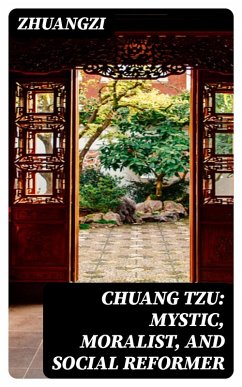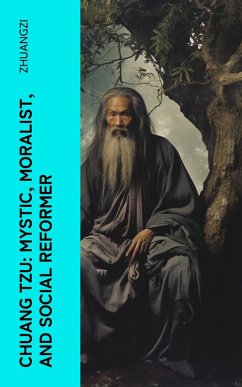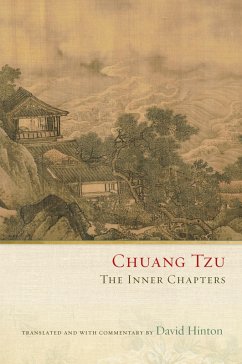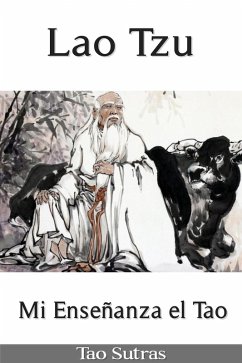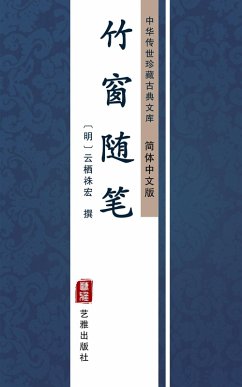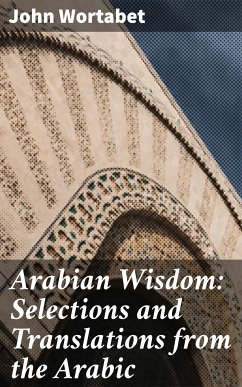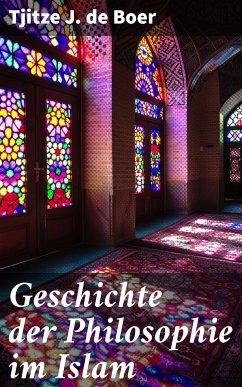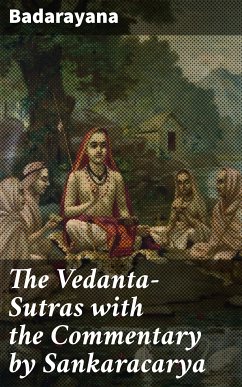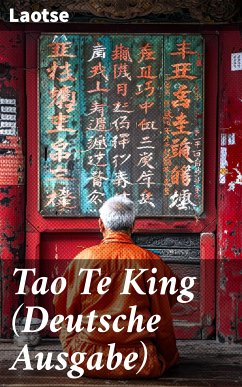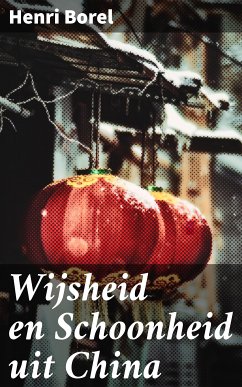
Chuang Tzu: Mystic, Moralist, and Social Reformer (eBook, ePUB)
Enriched edition. Exploring Ancient Chinese Wisdom and Moral Philosophy
Kommentar: Whitmore, Gwendolyn / Redaktion: Good Press / Übersetzer: Giles, Herbert Allen

PAYBACK Punkte
0 °P sammeln!
In "Chuang Tzu: Mystic, Moralist, and Social Reformer," Zhuangzi weaves a profound tapestry of philosophical thought through rich, allegorical narratives and paradoxical anecdotes. His text deftly balances humor and profundity, challenging the rigid structures of Confucian and Legalist traditions of its time. As a cornerstone of Daoist philosophy, this work invites readers to transcend societal norms and embrace the fluidity of existence, encouraging an appreciation for spontaneity and harmony with nature. The literary style is marked by a lyrical yet ambiguous use of language, which underscor...
In "Chuang Tzu: Mystic, Moralist, and Social Reformer," Zhuangzi weaves a profound tapestry of philosophical thought through rich, allegorical narratives and paradoxical anecdotes. His text deftly balances humor and profundity, challenging the rigid structures of Confucian and Legalist traditions of its time. As a cornerstone of Daoist philosophy, this work invites readers to transcend societal norms and embrace the fluidity of existence, encouraging an appreciation for spontaneity and harmony with nature. The literary style is marked by a lyrical yet ambiguous use of language, which underscores the complexities of human experience and thought. Zhuangzi, a pivotal figure in ancient Chinese philosophy, is believed to have lived during the Warring States period. His experiences as a free-spirited thinker and his critiques of social norms and institutional constraints provide a backdrop for his writing. His life in a tumultuous era, where traditional values were often in conflict with emerging philosophies, shaped his desire to promote a holistic, experiential way of understanding the world, focusing on personal freedom, intuition, and the interconnectedness of all beings. This book is essential for those seeking to grasp the nuances of Daoist philosophy and its implications for moral reasoning and social critique. Zhuangzi's insights are timeless, offering transformative reflections for modern readers grappling with the complexities of existence and their roles within society. A must-read for scholars, students, and anyone earnest about understanding the philosophical foundations of Chinese thought. In this enriched edition, we have carefully created added value for your reading experience: - A succinct Introduction situates the work's timeless appeal and themes. - The Synopsis outlines the central plot, highlighting key developments without spoiling critical twists. - A detailed Historical Context immerses you in the era's events and influences that shaped the writing. - An Author Biography reveals milestones in the author's life, illuminating the personal insights behind the text. - A thorough Analysis dissects symbols, motifs, and character arcs to unearth underlying meanings. - Reflection questions prompt you to engage personally with the work's messages, connecting them to modern life. - Hand-picked Memorable Quotes shine a spotlight on moments of literary brilliance. - Interactive footnotes clarify unusual references, historical allusions, and archaic phrases for an effortless, more informed read.
Dieser Download kann aus rechtlichen Gründen nur mit Rechnungsadresse in A, B, BG, CY, CZ, D, DK, EW, E, FIN, F, GR, H, IRL, I, LT, L, LR, M, NL, PL, P, R, S, SLO, SK ausgeliefert werden.




